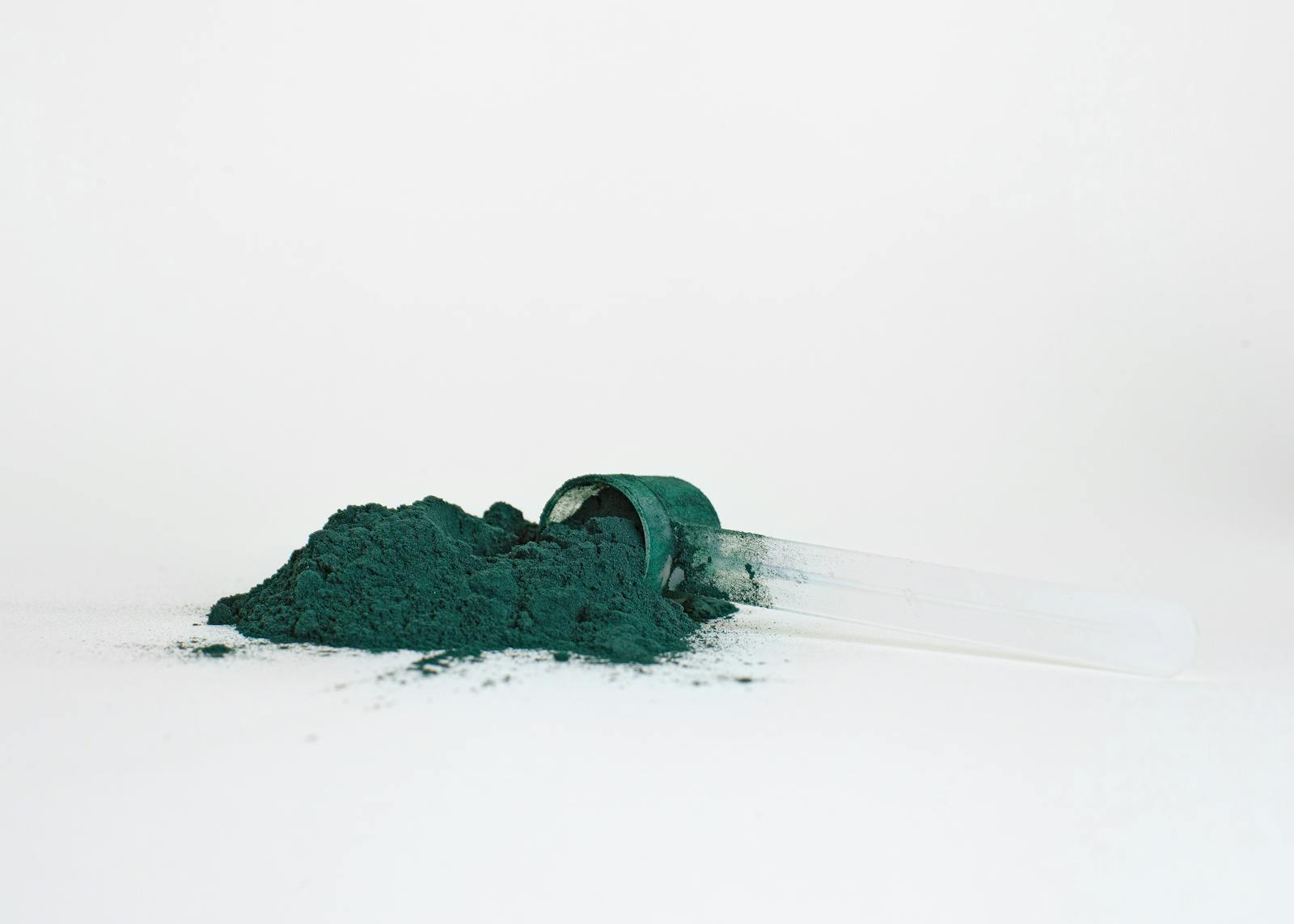When your stomach is in turmoil, your usual go-to recipes — from spicy curries to heavily seasoned proteins — can turn on you fast. Whether you’re dealing with nausea, diarrhoea, or an IBS flare-up, your digestive system is already working overtime. What it really needs is a break.
The best approach? Scale back. Focus on foods that are simple, mild, and easy to break down. Eating smaller portions more often — five or six light meals a day — can also help ease the strain. And while you might crave comfort, resist fatty, fried, or fiery dishes for now. Low-fat, low-fibre foods will help your system stabilise and recover without extra stress.
1. White Bread, White Rice, and Crackers
Forget whole grains for a moment. When your gut is unsettled, refined carbohydrates like white bread and white rice are your allies. These foods are stripped of fibre, meaning your digestive tract doesn’t have to work as hard to process them. While whole grains are normally the healthier choice, in recovery mode they can aggravate symptoms.
Plain crackers and pretzels can also help. The salt content replenishes electrolytes, especially if you’ve been losing fluids, while their light texture makes them easy on the stomach.
2. Watermelon and Hydrating Veggies
Watermelon is almost all water, which makes it hydrating and gentle on digestion. Because it’s low in fibre, your body absorbs it quickly without adding extra bulk to your colon — a relief if you’re dealing with diarrhoea.
If you’re craving something green, cucumbers (peeled, without seeds) offer a similar benefit. They’re refreshing and mild, providing hydration without roughage that can irritate an inflamed gut.
3. Lean Chicken and Turkey
When you’re ready for protein, go lean and simple. Chicken and turkey are both easy to digest when baked or poached — skip the butter, oils, and frying pans. These gentle proteins provide nourishment without overwhelming your system.
As for fish, avoid sushi or oily varieties like mackerel and sardines until you’re back to normal; they can be too rich for a sensitive stomach and carry a higher risk of bacterial contamination.
4. Ripe Bananas
The riper, the better. As bananas age and develop brown spots, their resistant starches turn into natural sugars that are much easier to digest. Unripe bananas, by contrast, contain starches that feed gut bacteria — not ideal during a flare-up.
Bonus: Bananas can help firm things up if you’re battling diarrhoea, making them a top pick for anyone needing gentle balance.
5. Porridge Made with Water
When made with water rather than milk, porridge is one of the easiest breakfasts on a sensitive stomach. Cooking oats helps pre-digest them, so your body does less work. Think of it as giving your digestive system a head start.
Skip toppings like nut butter or heavy cream — even foods that are normally “healthy” can trigger discomfort when your gut is irritated.
6. Skinless Sweet Potatoes
If you’re craving something warm and satisfying, baked sweet potatoes (without the skin) are an ideal choice. They’re soft, comforting, and rich in potassium — a key electrolyte that can be depleted during stomach illness.
7. Ginger Biscuits and Ginger Tea
Ginger has long been linked to easing nausea, and research backs it up. A 2018 study in the Journal of Maternal-Fetal & Neonatal Medicine found that ginger was more effective than a placebo in reducing nausea and vomiting during pregnancy. Its secret? It appears to help your stomach empty faster.
If solid food sounds unappealing, ginger tea or even flat ginger ale can be equally comforting and stomach-settling.
8. Eggs — Especially Hardboiled
Eggs are a gentle source of protein when prepared simply. Hardboiled versions are ideal since they’re cooked through without added fats. If you prefer scrambled eggs, use minimal butter or oil to keep them light and digestible.
9. Apple Sauce
Childhood snack or gut saviour? Both. Apple sauce is considered “predigested,” meaning the fruit has already been broken down during cooking. This makes it soothing, sweet, and easy to handle when your appetite is low but you still want a bit of natural energy.
10. Chicken Soup and Broth
There’s science behind the comfort. Long, slow cooking breaks down chicken and vegetables into an easily digestible mix, while the warm broth delivers hydration and electrolytes. Even sipping just the liquid can help calm nausea and replenish what your body has lost.
11. Herbal Teas
When chewing feels like too much, herbal teas are your gentle fallback. Chamomile soothes, fennel may ease cramping, and peppermint can calm both pain and diarrhoea. Ginger tea earns another mention here for its proven anti-nausea benefits.
When your digestive system is under siege, food should work with you, not against you. For a few days, think soft, simple, and hydrating — the culinary equivalent of a long exhale. Once your gut feels steady again, you can gradually reintroduce fibre, flavour, and spice. But until then, give your body what it’s asking for: rest, nourishment, and a bit of kindness on a plate.




